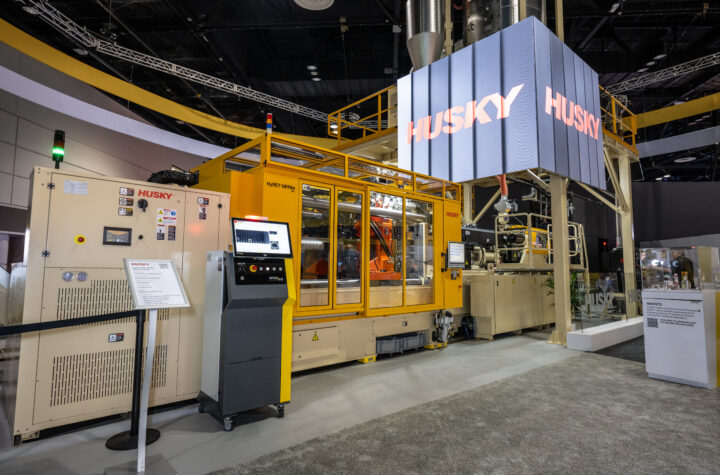Following recent news that a facility is being constructed by BioFields in Mexico for volume production of ethanol made from algae grown in seawater, information is now available on a system for making economic broad use bio oil from seawater algae. The bio oil success is based on 18 month demonstration in Florida .in two swimming pool size test ponds both of which are one foot deep. Bio diesel fuel is the initial targeted product and has consistently met all ASTM standards throughout the 18 month trial period, according to the developer, Aurora Biofuels, Inc, headquartered in Alameda, California.
Coincidental with preparation of this report, the U.S. Department of Energy (DOE) has announced it will provide $200 million funding to support bio fuel development now including algae based fuel.. Greenhouse gas emissions must be reduced by at least 80%. An Aurora spokesperson said the firm will seek DOE funding.
The $50/bbl cost estimate reported by Aurora reflects advances made in the race to perfect economic bio oil from ultra fast growing algae. Aurora system bio oil output is said to be 6000 gal/acre/yr. Following are key aspects of the Aurora venture based on the firm’s published information and answers to specific questions..
Important virtues of the Aurora system include elimination of characteristic
contamination of algae in open pond cultivation. This is avoided by use of unique
strains of Algae and the injection of CO2 into ponds resulting in favorable
continuous mixing of the seawater and algae. Growth is at such a high rate that one
half of the algae crop is harvested every 24 hours.
CO2 used in the system does not have to be cleaned. In fact, its content of NOx
(nitrous oxides) SOx (sulfur oxides) are nutrients that enhance algae growth…
Waste CO2 input is concentrated at a cost of about $30/ton, however, this cost can
be reduced somewhat by shipping less volume.
A major contributor to low cost is an Aurora system for extracting oil from
harvested algae without the normally high cost of drying (a recently announced low cost method for dewatering algae may have changed this aspect, however).. .. .
The system not only uses industrial source CO2 to enhance algae growth but
provides a way to use waste CO2 from electric utilities, cement plants and others.
40 lbs of CO2 are required too make one gallon of Aurora bio diesel fuel with energy content of 130-140,000 Btu/gal.
The Aurora system for producing oil, same as the BioFields system for ethanol, does not use fresh water or crop land
Aurora’s new CEO, Robert Walsh, a recent high level Shell Oil Company production executive, is focused on developing plans for a first commercial scale 50 acre Aurora technology pond system that will produce 300,000 gal/yr bio diesel by 2012. Walsh is banking on competitive conventional petroleum oil reaching the $60-$100/bbl range within 5 years ..
At the heart of Aurora’s development are unique strains of algae suited to different
climates all with very high growth rates when fed CO2.
Large industrial CO2 emitters are major potential users of Aurora
technology. A costly alternative for CO2 emitters is pressurization to
3000 psi for sequestration under ground.. On a practical economic basis, seawater
algae fuel processing operations can be located up to about 100 km(62 miles) from
a source of donated waste CO2. This distance can be greater, however, if added
transportation cost is subsidized. .














































 Added Value with Optimised Cleaning Processes
Added Value with Optimised Cleaning Processes Automotive Industries interview with Dr Christian Thiel, chief spokesperson for the MOST Cooperation
Automotive Industries interview with Dr Christian Thiel, chief spokesperson for the MOST Cooperation



